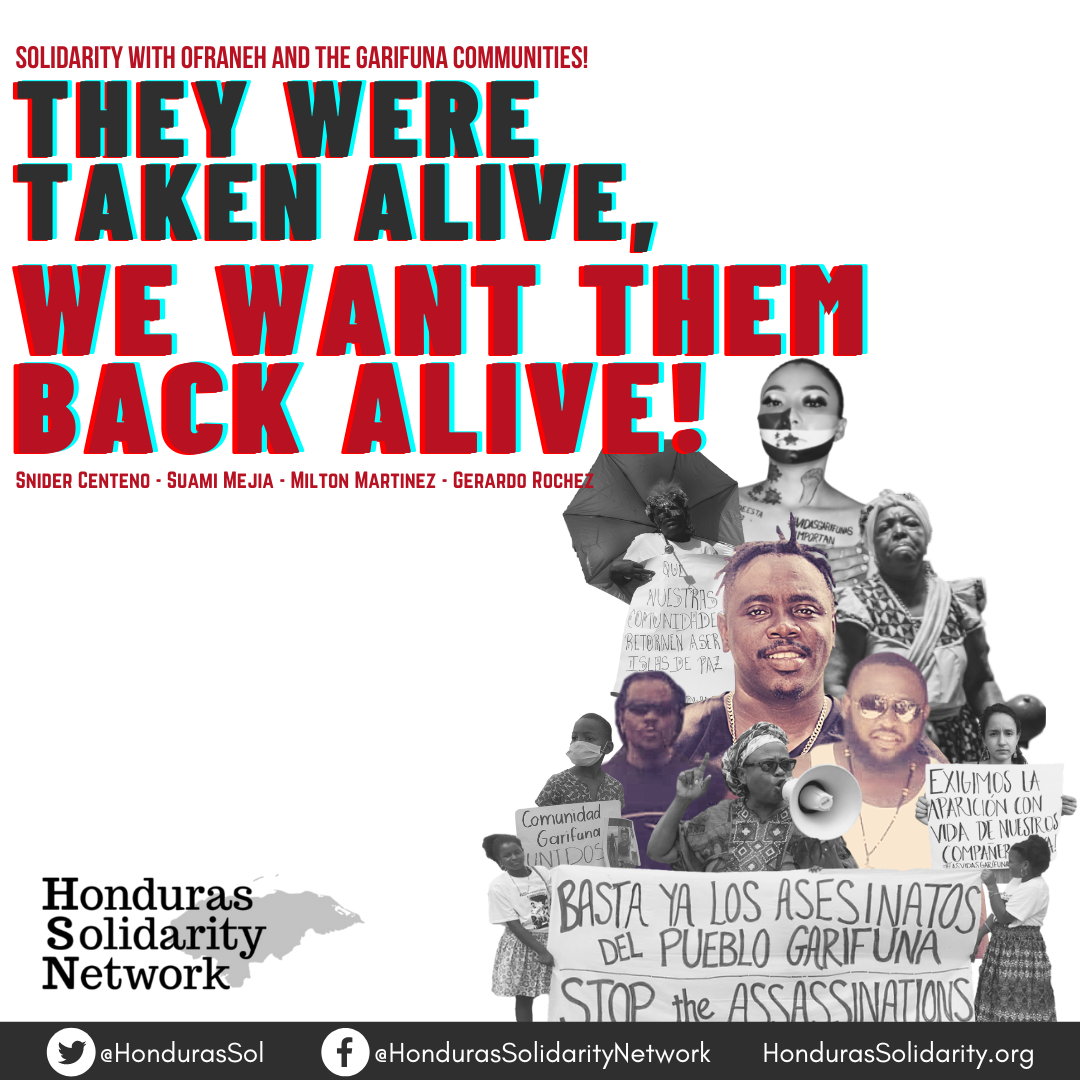Since the Biden administration restarted the Central American Minors Refugee and Parole Program (CAM program), initionaly initiated by the Obama administration and later withdrawn by Trump, not much has happened.
Underfunding and personal shortage at the nine national resettlement agencies led to the inability to handle the mass of applications.
Due to this bottleneck only a few hundred cases filed before the Trump administration ended the program have been completed since March 2021.
For many children this slow processing of applications means waiting times of over a year and no information on how long it will take until they are reunited with their familes.
Organizations are now calling for the support of consuls to help the children with their application interviews and pass case information on to the waiting parents or guardians.


